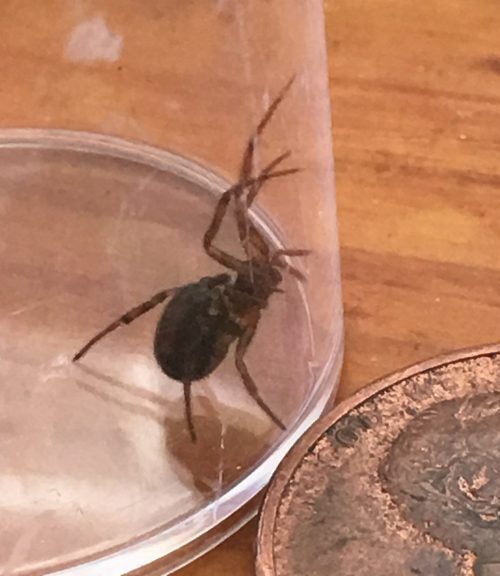Quillette is a strange site. It tries to hide its unpleasant reactionary perspective beneath a pretense of academic objectivity, but it’s like trying to pour perfume on a garbage dump — it just makes the whole thing even ickier. Usually the reek oozes through most pungently in their numerous articles promoting pseudo-scientific racism, but the latest stinker that has bubbled to the surface is an article on sex.
Titled A Modest Defence of the Missionary Position, it immediately trumpets its pointlessness. Why? Is there some political faction or avant-garde wing of the culture wars that has denounced certain sexual positions? Does anyone care, outside of religious fanaticism (one thing I don’t think Quillette favors), what postures you assume in your intimate heterosexual moments?
No.
So the author has to manufacture an anti-missionary position position held by those annoying third-wave feminists.
In the post-#MeToo, third wave feminist climate, it often feels as though, in order to be an ethical progressive women, I need to search out and identify aspects of our society that are sexist, oppressive, unfair. Much of this takes the form of critiquing tradition, which we view as largely inhibitive and repressive. Pointing out oppression, raising consciousness, is women’s strategy for getting out from under the patriarchy. “The Future is Female” signals that it’s our turn to be on top.
So of course the author gets very literal with Simone de Beauvoir: “All sex is rape”, “It is he who has the aggressive role”, etc. None of this is about the missionary position, but about control and dominance and how sex can be used as a tool of oppression. We’re going a bit far afield here, you know, from the specifics of who is concerned about what position you favor.
Then it gets ever more airy and soft-focused. Sex is wonderful and beautiful and part of our nature and an essential aspect of the relationships between human beings. OK, even if I grant that kind of greeting card optimism, what does that have to do with the missionary position?
Our erotic nature is the very foundation of human civilization, which is grounded in the bonds of affection and mutual care that result from the promptings of our sexual instincts combined with deeper emotions of love, self-giving, esteem, and friendship. If we view sex as the fulfillment of our natural instincts, then we really have no grounds to take offence at sexual harassment, or even sexual violence, since it would simply and unashamedly be the expression of male animal sexual aggression. It is rightly unthinkable to define our sexual nature as wholly instinctive. To do so would puts us at the mercy of appetite and invites brutality.
I don’t even know what point she is trying to make here, that simultaneously sexual harassment is perfectly normal as a consequence of instinctive male aggression, and that maybe we should throttle it back just a little? Throughout there’s this implicit idea of what male and female (and only those two!) natures ought to be, and a weird vibe about the beauty of heterosexuality, as long as it fits her preconceived mold. “Normal” is best, and she has a very traditional view of normal. She’s willing to nod condescendingly at people who do things differently, but ultimately the best way to “encounter our deepest selves” is to conform to social expectations, even in your most private moments.
“The ancients,” writes Camus in The Rebel, “even though they believed in destiny, believed primarily in nature, in which they participated in wholeheartedly. To rebel against nature amounted to rebelling against oneself. It is butting one’s head against a wall.” There is a kind of tragic heroism in rebellion. And a kind of deeply human beauty in it—rebellion, too, seems to be our nature. But there is also a uniquely human courage in participating in nature wholeheartedly, with abandon. The irony is that what we often consider the most boring, the most quotidian, the most comically old-fashioned, and unremarkably ordinary way to have sex with another is also the way we encounter our deepest selves because we transcend ourselves to find union with another.
Sheesh. Fine, lady, you have a preferred sexual position. Talk to your partner about it. You don’t have to convince everyone else that your favorite way of boning best reflects the transcendent nature of humanity or that it’s encoded instinctively in our psyches. There are a lot of people in the world who don’t fit your pattern, gay/lesbian/asexual people, or people with specific kinks, and they’re all part of glorious human diversity, too.














